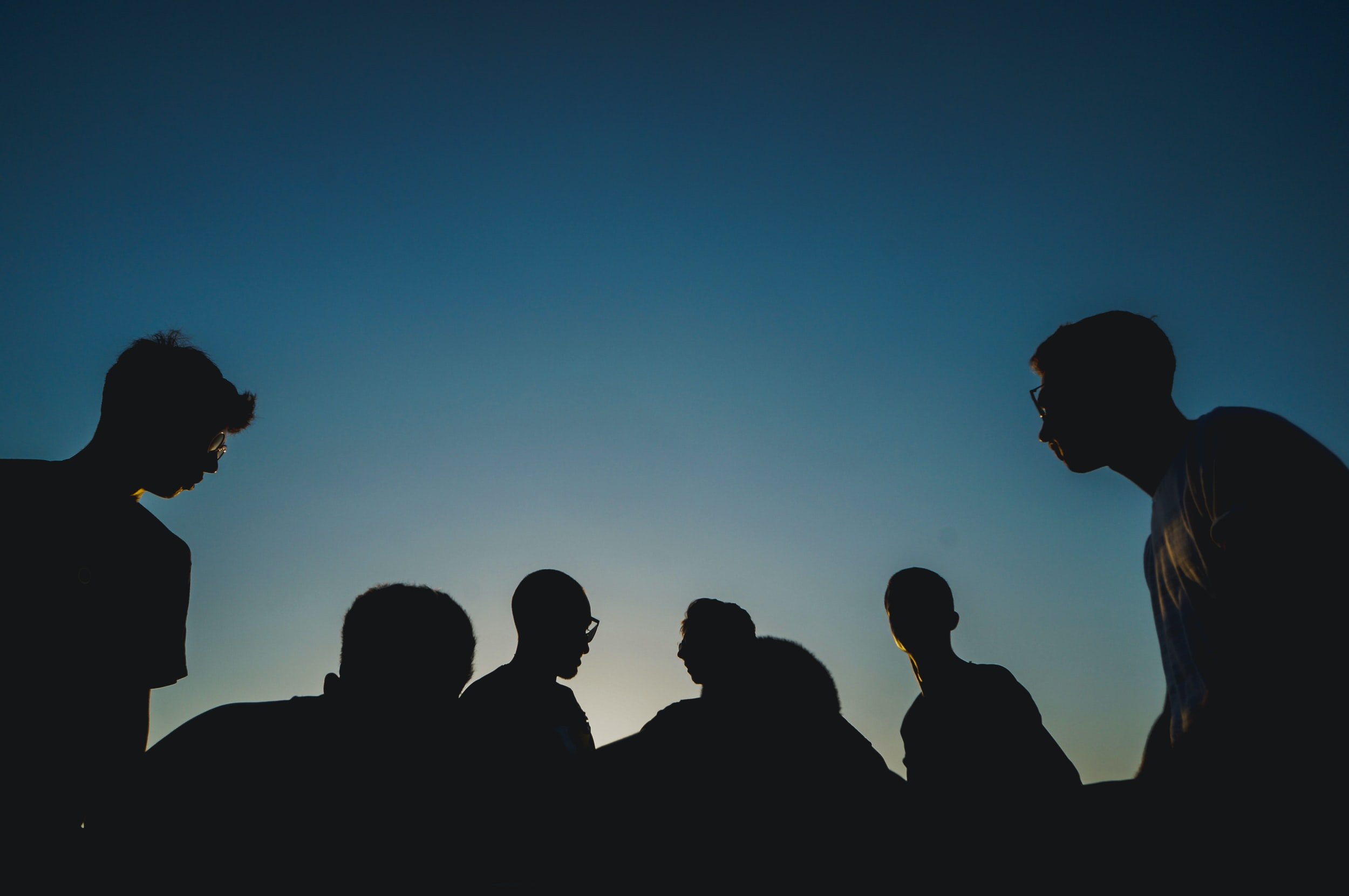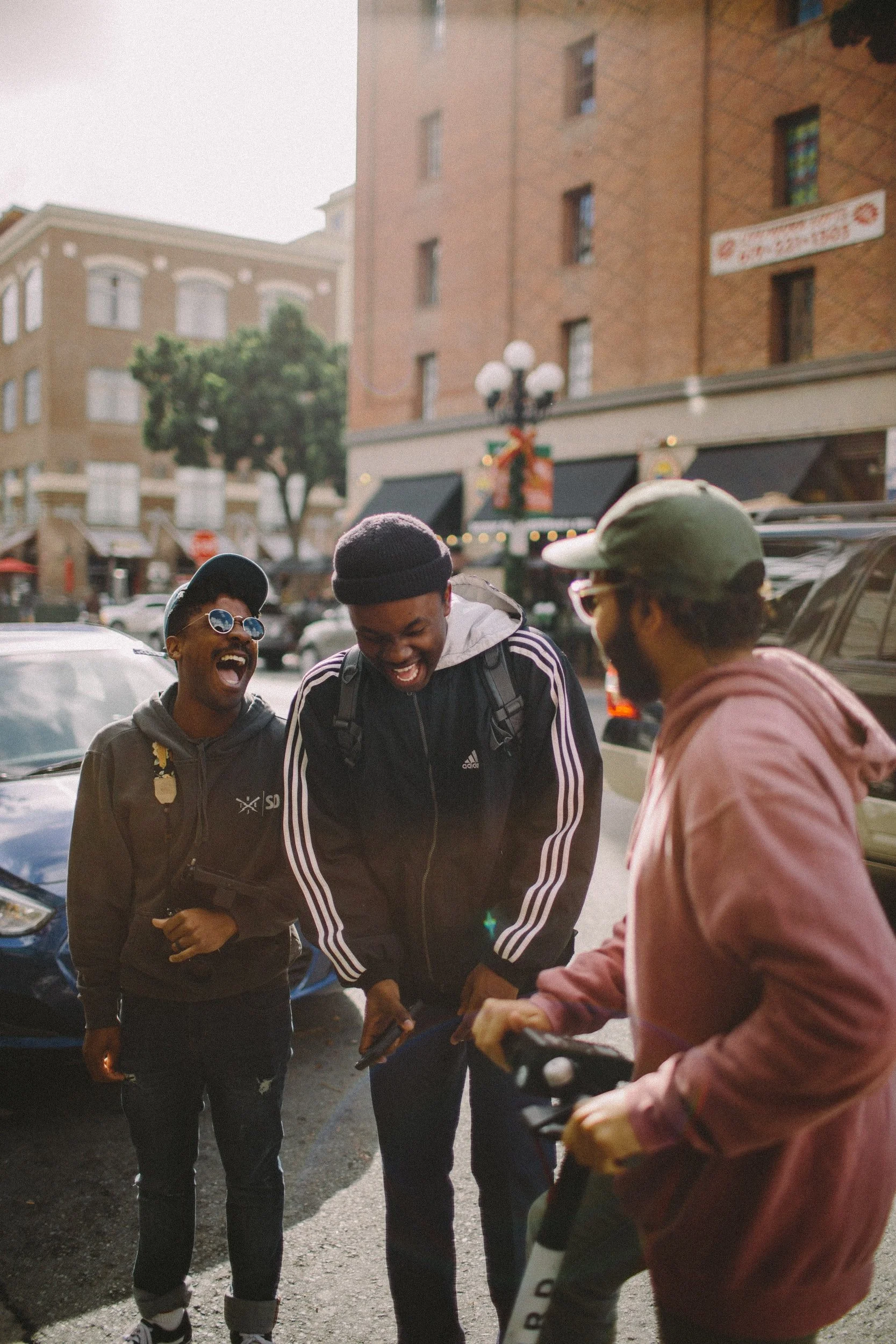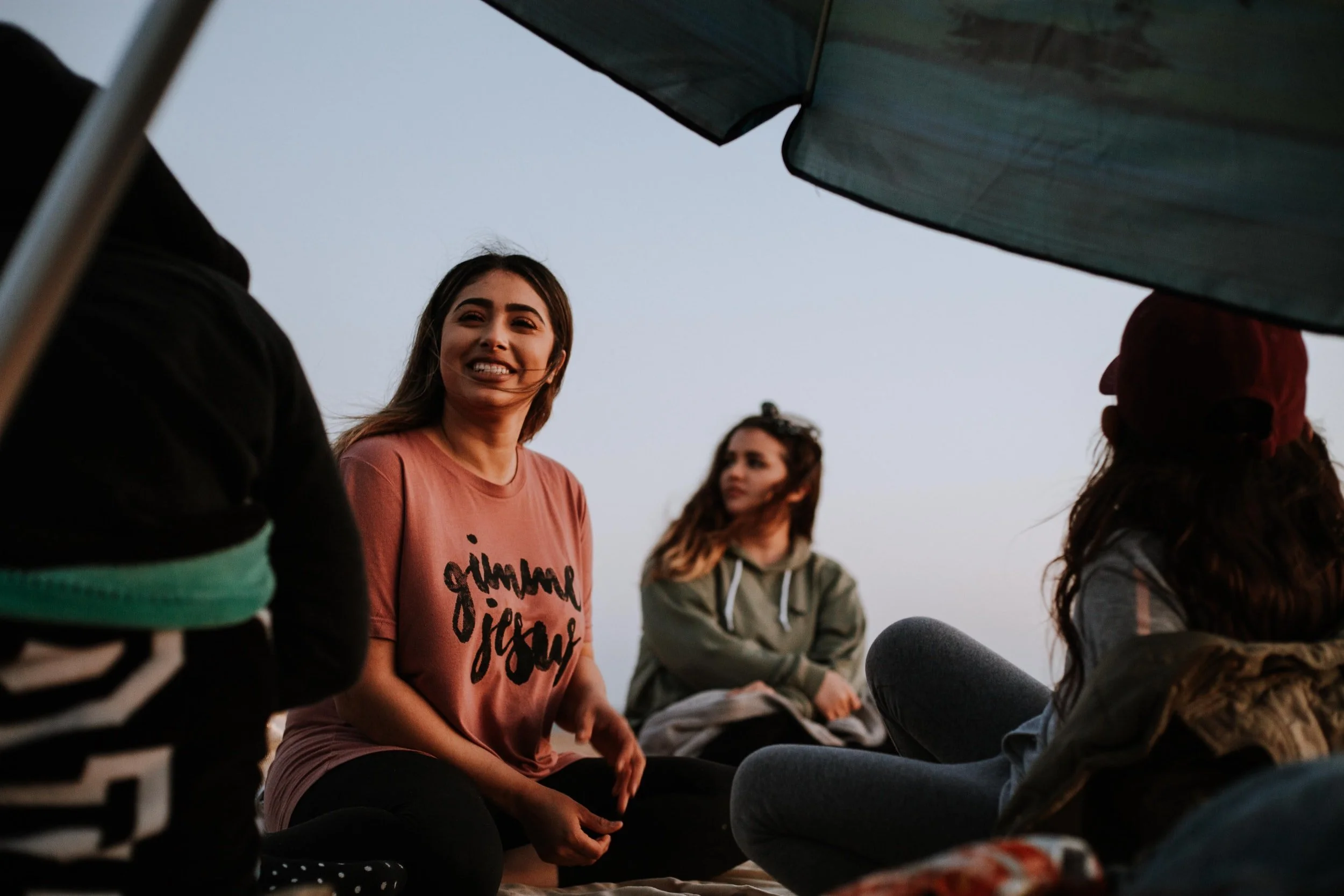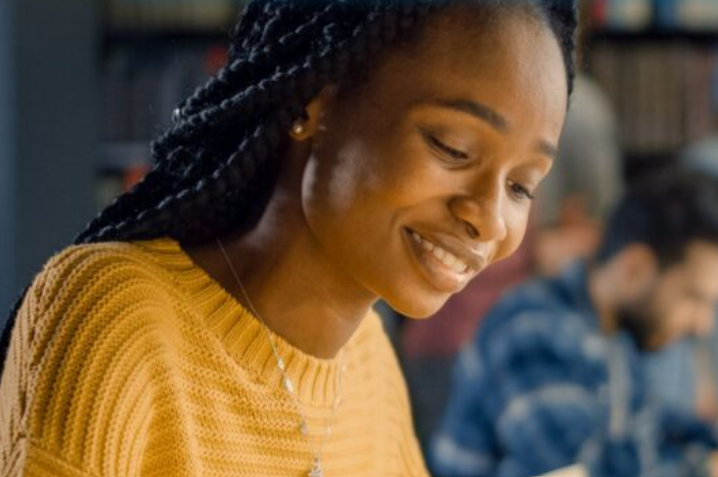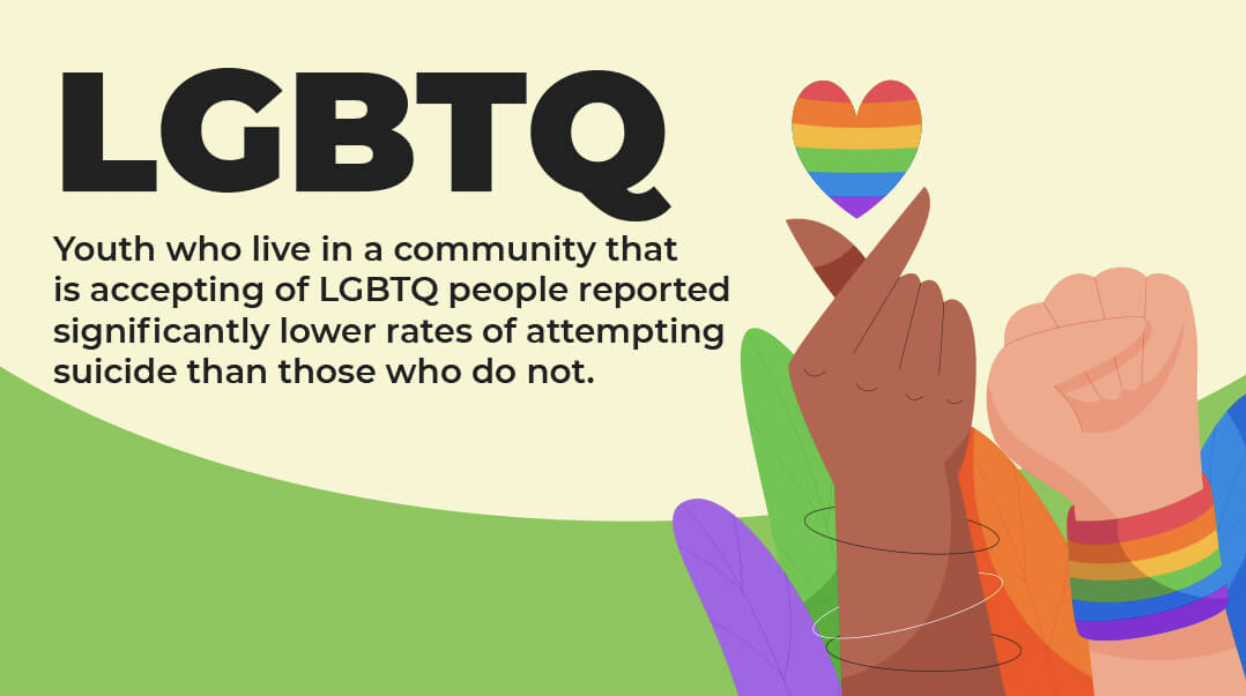
DEI Resources
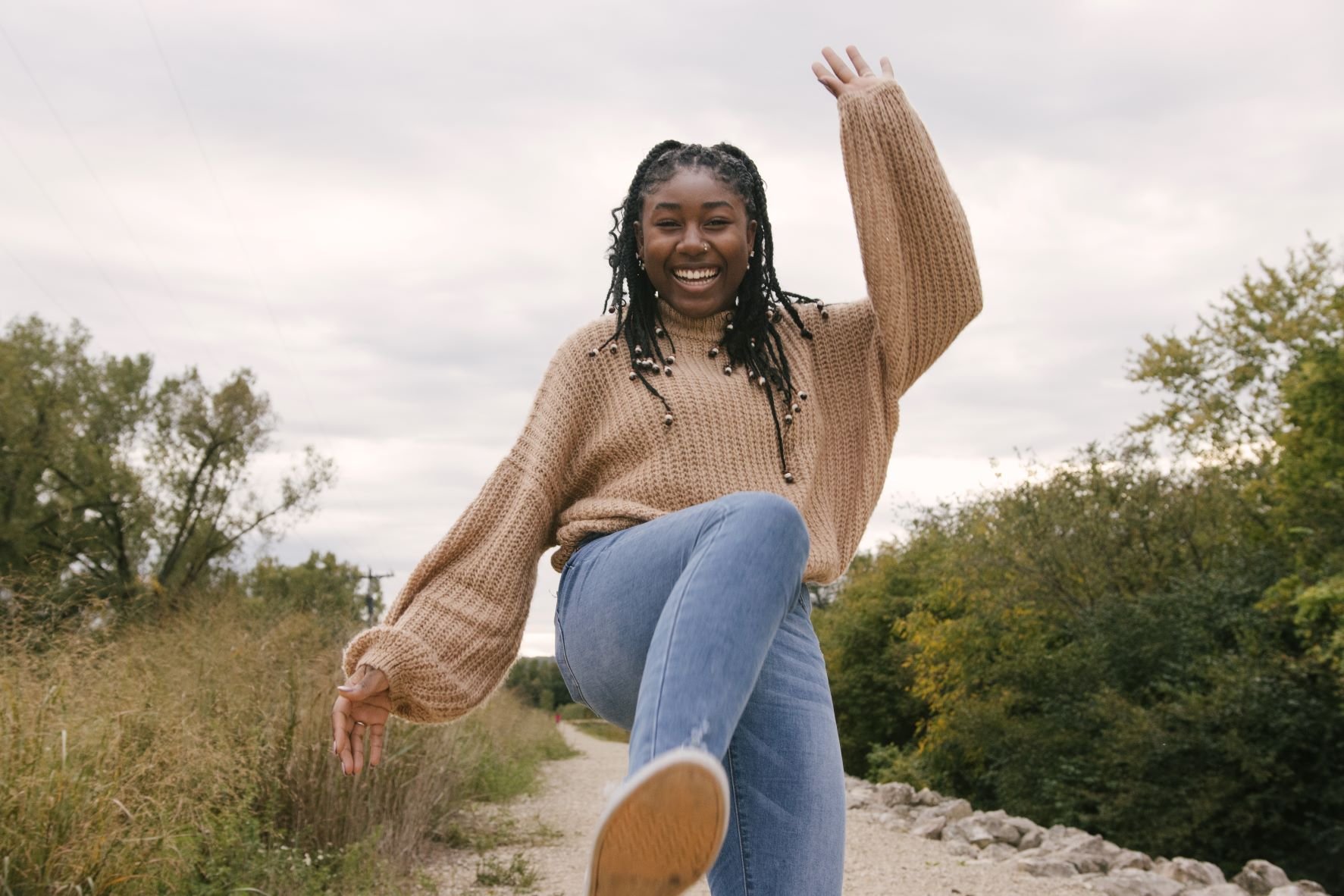
With the support and permission of our Board Director, Asiah Reedy, we are able to provide this resource list for the Winona area Black, Indigenous, and People of Color (BIPOC) community. Asiah created this resource list in an effort to support the mental and physical health of the Winona County area BIPOC community. We hope people find value in these resources and are able to utilize these services to support their own wellbeing.
While we offer these resources as help for mental health and other community concerns, we are not mental health professionals and this information does not take the place of professional advice.
If you have a resource you would like to add to this list, you can reach out to Asiah directly at asiah@winonaoutdoorcollaborative.com.
Winona BIPOC Resource List
-
![]()
National Asian American Pacific Islander Mental Health Association
The mission of the National Asian American Pacific Islander Mental Health Association (NAAPIMHA) is to promote the mental health and well being of the Asian American and Pacific Islander communities. Since its founding, NAAPIMHA strives to raise awareness of the role of mental health in an individual’s health and well-being, especially in Asian American Pacific Islander communities throughout the country.
NAAPIMHA offers services throughout the United States. For a list of Minnesota specific services, head to their website (linked below).
-
![]()
Front Porch Unity
Based in Winona, Minnesota, Front Porch Unity provides “outreach and flexibility to youth at risk through mentoring to decrease connection to juvenile detention centers.”
Front Porch Unity offers youth leadership programs during the summer. These programs, typically for youth ages 12-19, are available free of cost. To learn more about Front Porch Unity, call Eldridge McClatchey at 507-313-5000. Contact them at frontporchunity@gmail.com
-
![]()
Mental Health Fund
The Mental Health Fund was established in 2017 to provide increased support to Queer and Trans BIPOC individuals in the wake of an increase of violence and threats nationally to the BIPOC LGBTQIA+ community.
The Mental Health Fund provides financial assistance for mental health resources for this community. Applicants receive six sessions with a psychotherapist and may request up to $100 per session to cover the cost of services. To learn more, follow the link below.
-
![]()
Therapy for Black Girls
Therapy for Black Girls is “an online space dedicated to encouraging the mental wellness of Black women and girls.”
Started in an effort to destigmatize mental health, Therapy for Black Girls provides a database for individuals to find and connect with therapists. Additionally, Therapy for Black Girls has a series of resources including a crisis line and group chats. To connect with the crisis line, text TRIBE to 741741.
-
![]()
Therapy for Black Men
“TherapyForBlackMen.org was born from the idea that Black men and boys face unique challenges and stigmatization, and therefore need a dedicated space for seeking and finding mental health support. We’ve made it our mission to strip away that stigmatization and ease the process of finding help. By providing targeted resources and a database filled with professionals equipped to support men of color, our users can now obtain the help they need and deserve.”
Therapy for Black Men provides a database of therapists for Black men and boys to connect with for mental health support.
-
![]()
African American Focused NAMI Connection Support Group
NAMI Connection is offering a free support group for African American adults living with a mental illness. This group meets weekly to support attendees, build awareness and understanding, and to connect with others in the African American community who face similar challenges.”
Meetings are currently online and accessible regardless of where someone live. Registration is required to participate in the NAMI Connection support group.
-
![]()
Hamm Clinic Latina Women Therapy Group
Hamm Clinic provides a variety of mental health resources for individuals of all backgrounds. The Hamm Clinic specifically offers a stress and anxiety therapy clinic for Latina women who seek to “increase resilience and support through connection”.
Therapy sessions take place on Fridays from 11:00 am - 12:30 pm and are in Spanish only. To register for their therapy sessions, call 651-224-0614.
-
![]()
The Steve Fund
The Steve Fund is dedicated to the mental health and emotional well-being of students of color.
Right at this moment, there are students of color who are failing academically, suffering emotionally and/OR in some cases are facing serious risk, because population-specific factors influencing mental health are too poorly understood and not acted upon. We are taking action.
The Steve Fund provides 24/7 crisis support to BIPOC youth in need. To get connected with a trained crisis counselor, text STEVE to 741741
-
![]()
LGBTQ Psychotherapists of Color (QTOC)
LGBTQ Psychotherapists of Color provide a list of virtual psychotherapists who identify within, and specialize in fields relevant to, the LGBTQ community. Although the organization is based out of California, they have a list of psychotherapists who offer virtual sessions across the United States.
To learn more about QTOC or to get connected with a virtual psychotherapist, head to their website.
-
![]()
Outdoor Afro
Outdoor Afro is a community that reconnects African-Americans with natural spaces and one another through recreational activities such as camping, hiking, biking, birding, fishing, gardening, skiing — and more! Outdoor Afro uses social media to create interest communities, events, and to partner with regional and national organizations that support diverse participation in the Great Outdoors.
Outdoor Afro has communities across the United States, including in Minneapolis. To get connected with Outdoor Afro and learn about MN based meet-ups, head to their Meetup page.
-
![]()
Scholarships for Black & African American Students
For high school students, the high price tag of college can be scary to face – and for good reason. During the 2019-2020 school year, the average cost of college, including tuition and room and board, was $21,950 for public universities and $49,870 for private universities. That’s pretty steep.
Fortunately, there are many scholarships for African American students that can minimize the out-of-pocket costs of college. Knowing how to get a scholarship can also help you take out fewer student loans, allowing you to graduate with less debt.
-
![]()
QTBIPOC Well-Being and Mental Health: How Communities Can Help
QTBIPOC individuals face significant mental health challenges, at even higher rates than their LGBTQ counterparts and other individuals who do not identify as LGBTQ. Communities can help QTBIPOC with their mental health and well-being through education, understanding and providing a safe space. One of the biggest pillars of the community is the library, and that is where many of these individuals find refuge.


